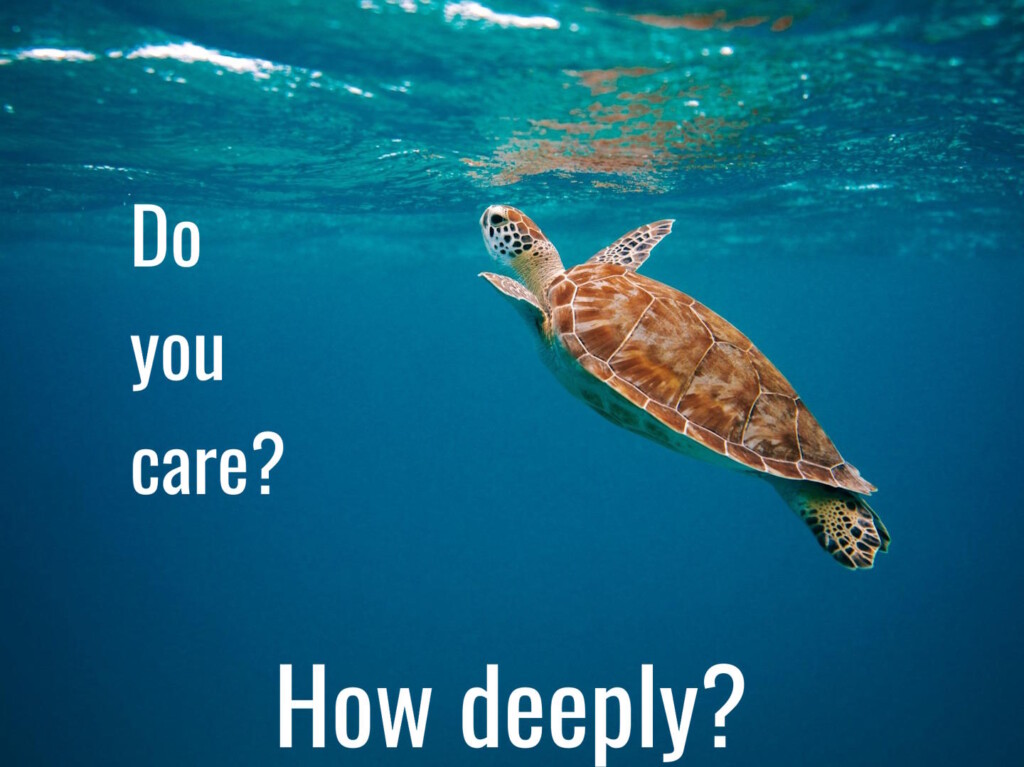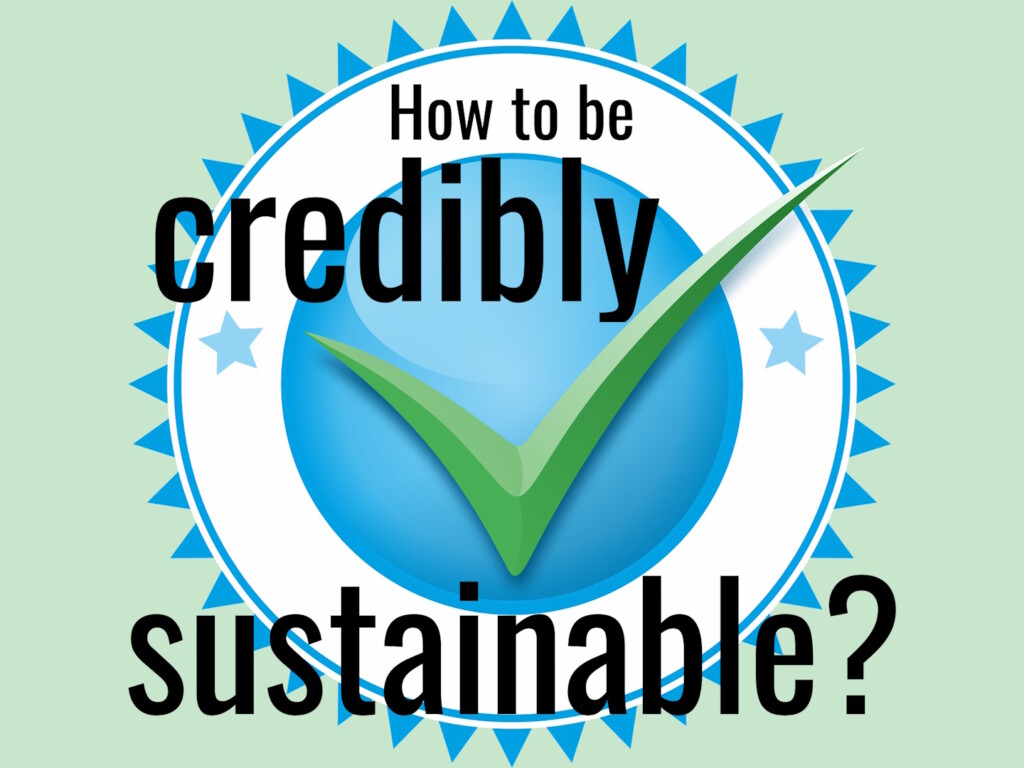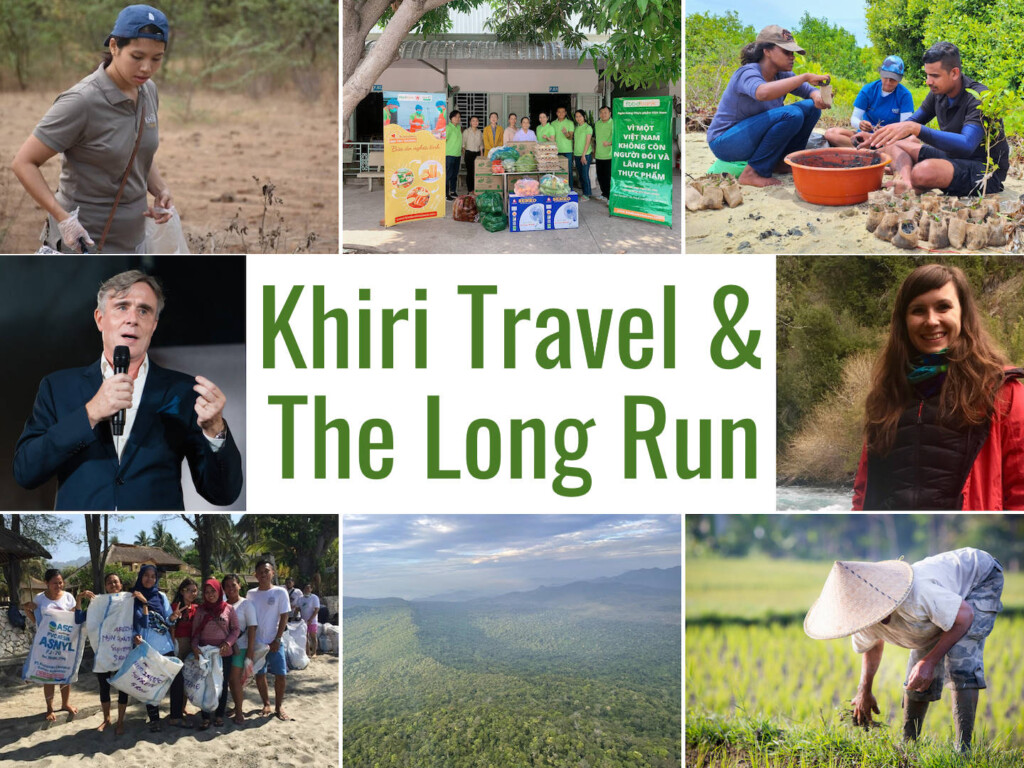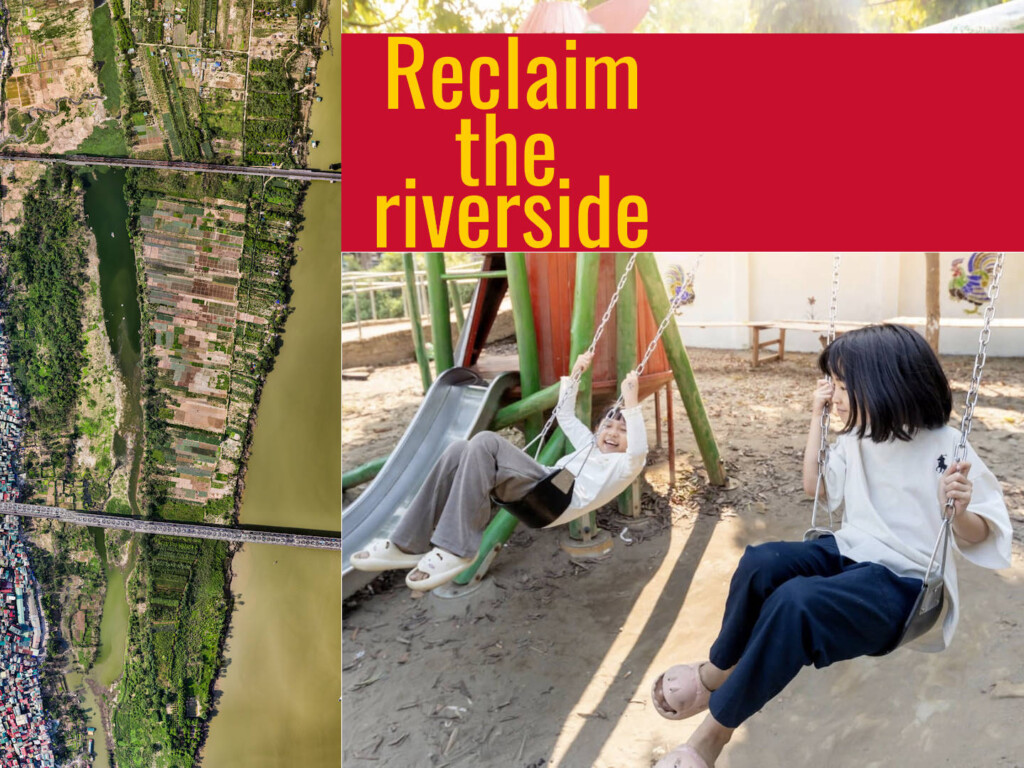Sustainable tourism and regenerative tourism
Scroll down for posts that have been tagged with “sustainable tourism and regenerative tourism”.
Sustainable tourism “takes full account of its current and future economic, social and environmental impacts, addressing the needs of visitors, the industry, the environment and host communities”, according to the United Nations World Tourism Organization (UNWTO). Regenerative tourism challenges and/or extends the concept of sustainable tourism.
The concepts of sustainable tourism and regenerative tourism have emerged as a response to the negative impacts that tourism can have on the environment, economy, and society.
The 1987 Report of the World Commission on Environment and Development, also known as the Brundtland Report, defined sustainable development as “development that meets the needs of the present without compromising the ability of future generations to meet their own needs.”
This idea was later applied to tourism. The concept of sustainable tourism was born to ensure that tourism activities are carried out in a way that does not deplete natural resources or harm local communities.
Regenerative tourism is a more recent development. It builds upon the principles of sustainable tourism, but goes further by striving to create positive impact on the environment, economy, and society.
According to the book Regenerative Tourism: Principles, practices and implications by Paul Peeters and Peter Neuwirth, the term ‘regenerative tourism’ was first introduced in 2012. The authors define regenerative tourism as a “holistic approach to tourism development that seeks to create a positive impact on the environment, economy and society, and to regenerate the destinations in which it operates”.
The United Nations World Tourism Organization (UNWTO) has played a key role in promoting sustainable tourism through the development of guidelines, policies, and best practices, such as the UNWTO Global Code of Ethics for Tourism (1999) and the UN Sustainable Development Goals (2015)
It’s important to note that these references are not exhaustive, as there are many other sources of information on sustainable tourism and regenerative tourism, such as on The “Good Tourism” Blog.
At the end of a conversation in August 2020 about the differences between sustainable tourism and regenerative tourism ― when asked to give the lift (elevator) definition of regenerative tourism ― “Good Tourism” Friend Susanne Beckon said: “Give back more than you take.”
At an ecotourism conference in December 2020, Anna Pollock said there is a journey we must all embark upon if the travel & tourism industry is to move from degenerative business-as-usual to regenerative flourishing and thriving. The route, she reckons, is via notions of “green”, “sustainable”, and “restorative” in that order.
Since August 2020 “GT” has used the same tag for both sustainable tourism and regenerative tourism. Tags are informal. The “Good Tourism” Blog tries not to get bogged down with terminology and definitions so you may disagree with tags applied (or not applied) to a post. Feel free to comment on the post. “GT” encourages good-faith debate and discussion.






